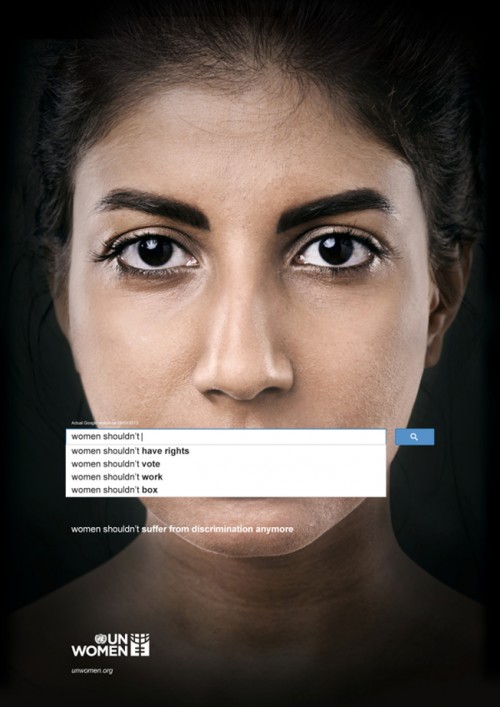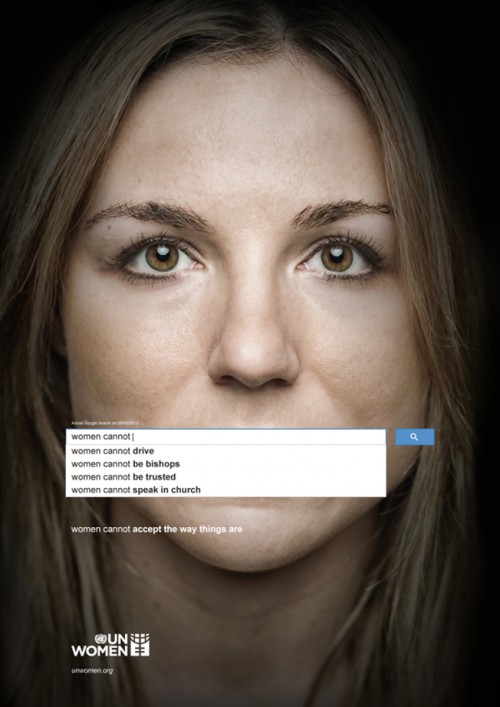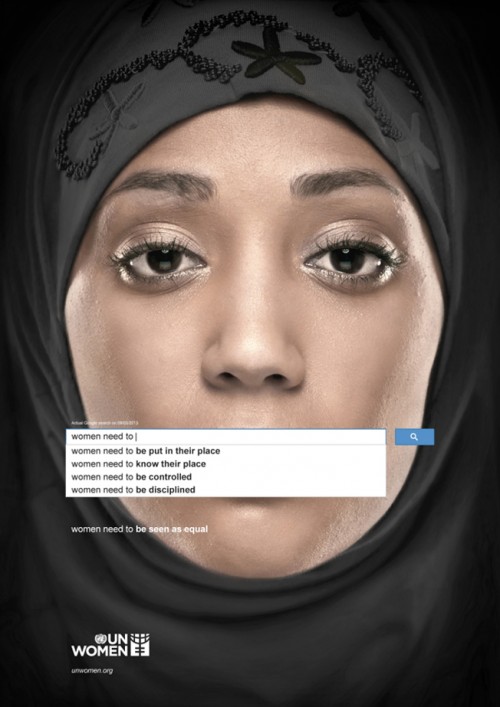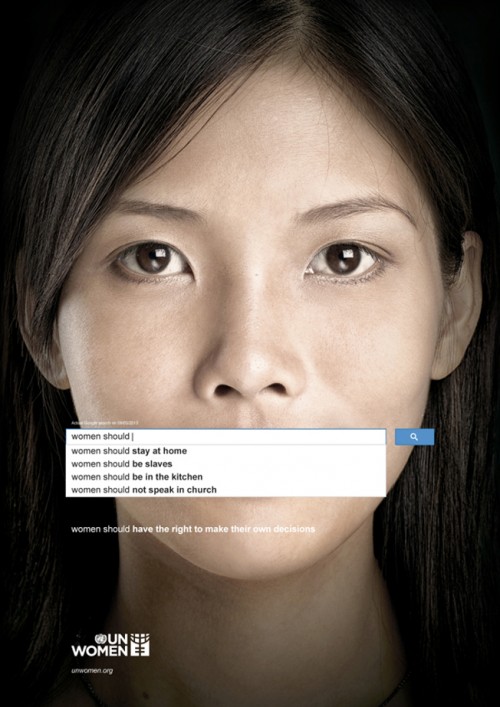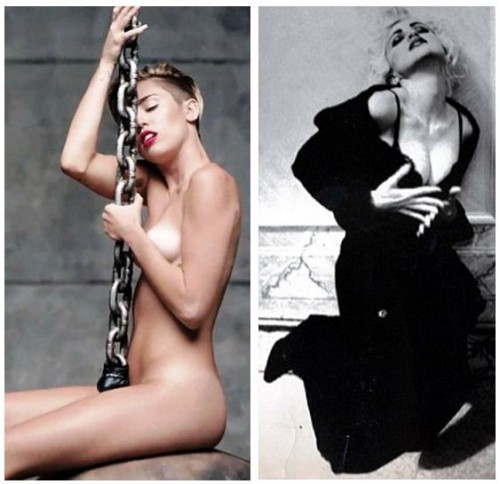How To Be A Retronaut posted some vintage Halloween postcards from the New York Public Library Picture Collection. Two were on a theme that seems to have been lost over the years:
Lisa Wade, PhD is an Associate Professor at Tulane University. She is the author of American Hookup, a book about college sexual culture; a textbook about gender; and a forthcoming introductory text: Terrible Magnificent Sociology. You can follow her on Twitter and Instagram.






